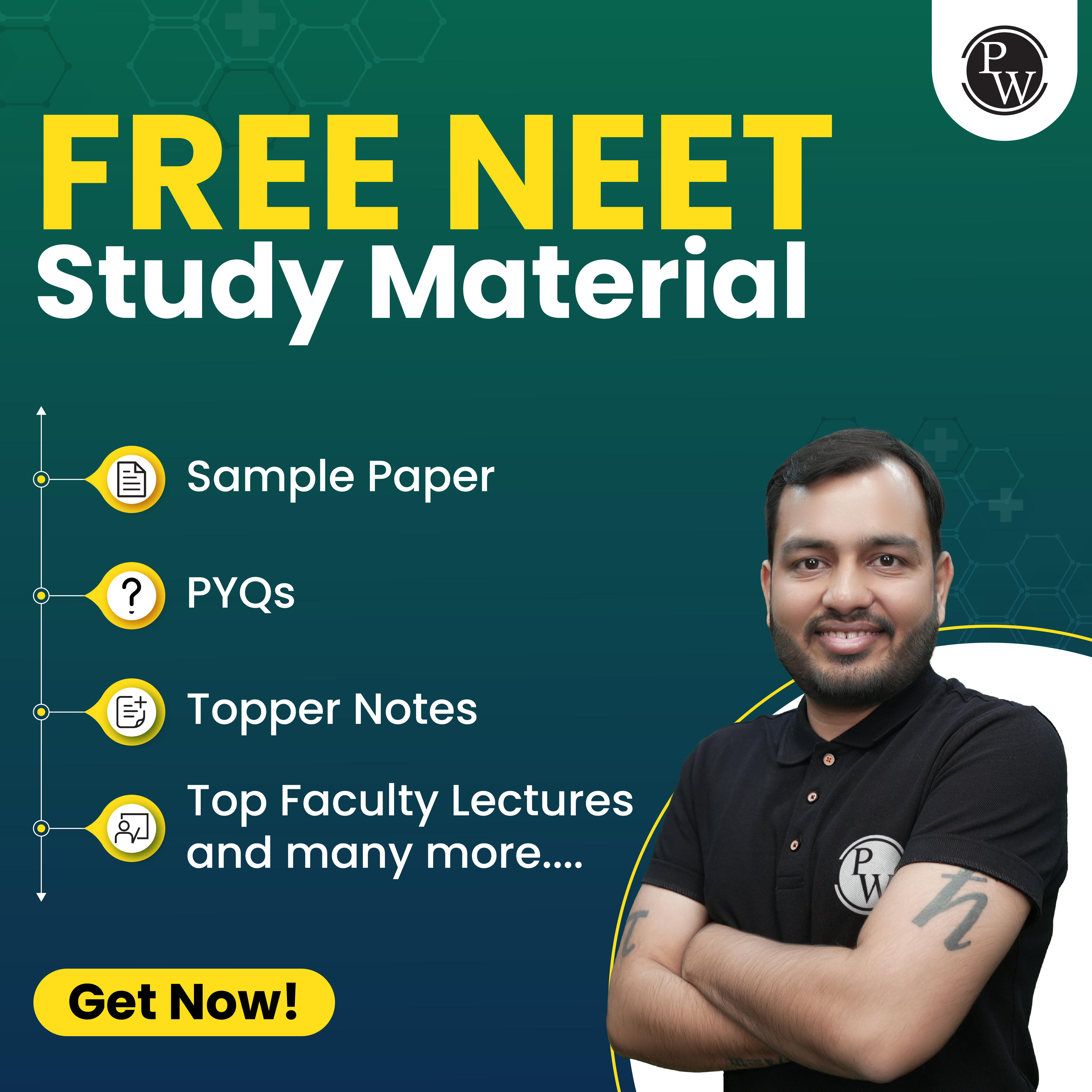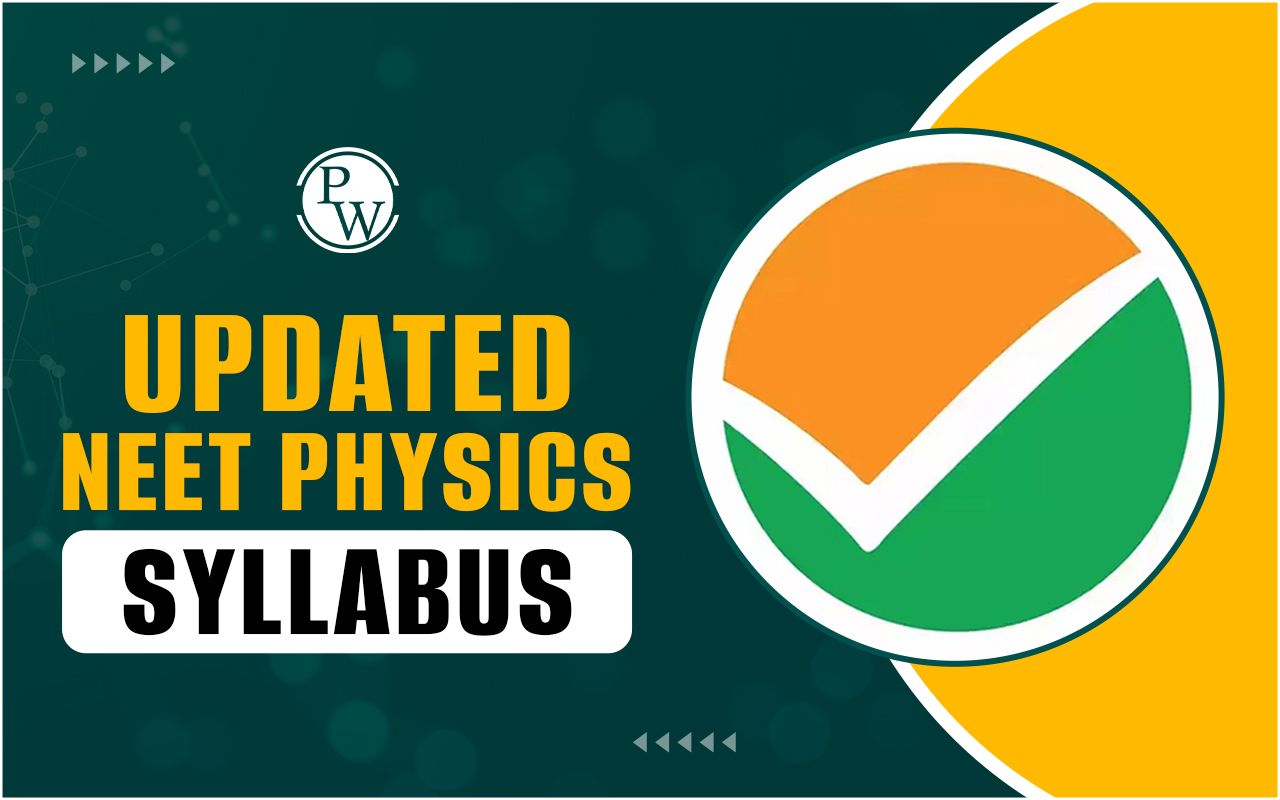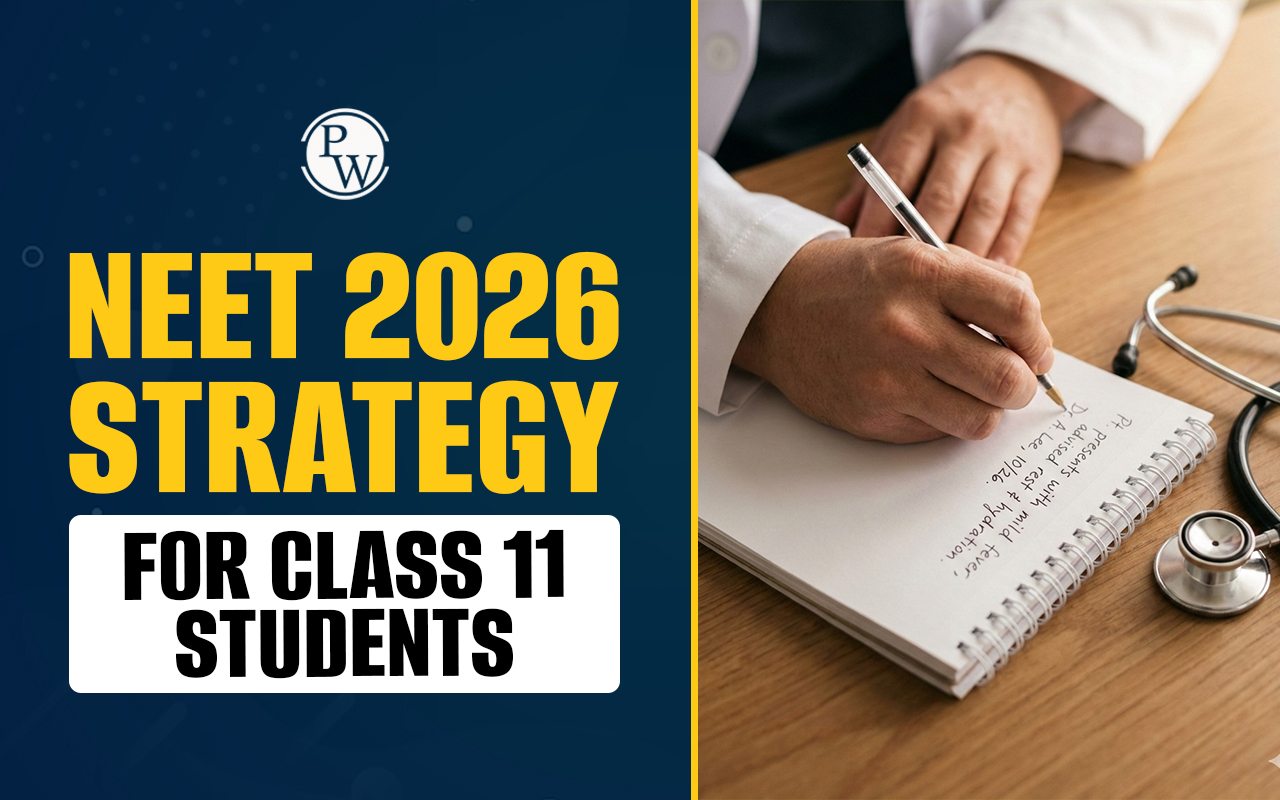
Human Physiology MCQ Introduction
The study of how living beings function is known as physiology. Thus, human physiology is concerned with the physiological characteristics of the human body at various levels of organization, ranging from cellular to tissue to biological system level. Human physiology is significant because it provides an in-depth understanding of the critical processes that the body performs in order to achieve the ultimate aim of homeostasis.NEET Study Material, Free Sample Papers, Book, Toppers Notes, PYQs
Human physiology is a theoretically essential topic in the NEET biology syllabus . It is the fifth section in the NCERT curriculum for class 11. Human physiology is a well-known chapter since it accounts for 12% of the weightage in the NEET test. Furthermore, human physiology contains topics that are related to human anatomy, genetics, and reproduction chapters.| NEET Exam Important Links | |
|---|---|
| NEET Syllabus | NEET Biology Notes |
| NEET Eligibility Criteria | NEET Exam Pattern |
| NEET Previous Year Question Papers | NEET Biology Syllabus |
Human Physiology MCQ
Q 1. Among the glands mentioned below, which of the following is not involved in the process of digestion?
- Stomach
- Salivary Glands
- Adrenal Gland
- Liver
Answer - Option (3) is correct
Explanation: The Stomach is the site for digestion and secreted many enzymes that break down large macromolecules. The liver also contributes to digestion by releasing bile juice and other digestive enzymes. Salivary glands release saliva which breaks down carbohydrates in the food. Adrenal glands are not directly associated with digestion but the hormones secreted by them might regulate the metabolism of food.
Q 2. Which of the following statements correctly explains the harmful effect of carbon monoxide on human breathing?
- It causes damage to the Red Blood cells
- It reduces the effective transport of Carbon Dioxide
- It reduces the effective transport of Oxygen
- It increases the effective transport of Carbon Dioxide
Answer - Option (3) is correct
Explanation: The Red blood cells have a strong affinity for carbon monoxide and in the presence of carbon monoxide, they do not rapidly bind with oxygen. This reduces the transport and delivery of oxygen to the organs. It also reduces the transport of carbon dioxide but the harm is mainly caused by ineffective oxygen supply. It does not cause any damage to Red blood cells and cannot increase the transport of carbon dioxide.
Q 3. Taking human breathing possess into consideration, select the correct statement out of the following.
- The process of Inspiration is Passive but Expiration is Active.
- The process of Inspiration is Active but Expiration is Passive.
- Both Inspiration and Expiration are passive processes.
- Both Inspiration and Expiration are active processes.
Answer - Option (2) is correct
Explanation: In order to complete the process of inspiration, the muscles of the diaphragm must contract at the cost of energy. Thus, it becomes an active process. Expiration involves the relaxation of the muscles of the diaphragm which is an energy-free process. Hence, it is considered passive.
Q 4. White Blood cells are of many types depending upon their shape and function. Which of the following WBC is non-phagocytic?
- Neutrophil
- Monocyte
- Macrophage.
- Basophil
Answer - Option (4) is correct
Explanation: Basophils are also called non-professional phagocytes. They are not primarily involved in phagocytosis but their main function is degranulation. They also release heparin which serves as an anticoagulant.
Also Check:
Q 5. An important part of human physiology is understanding how diseases function. Which of the indications can be used as a risk factor for identifying dengue?
- Increase in the Platelet count.
- Decrease in the Platelet count.
- Decrease in the WBC count.
- Decrease in the RBC count.
Answer - Option (2) is correct
Explanation: During dengue, certain endothelial cells are infected by the pathogen which then adheres to platelets and destroys them. Dengue also affects the bone marrow which is the site of platelet production. Both these factors contribute to a low platelet count in dengue-affected individuals.
Q 6. In the human body, Carbon Dioxide can exist in many forms. Which form is the most frequently used to transport Carbon Dioxide?
- Dissolved Carbon Dioxide.
- Carbaminohaemoglobin.
- Bicarbonate.
- Urea
Answer - Option (3) is correct
Explanation: In order to combine with the red blood cells, carbon dioxide is first converted into carbonate form which then binds with hemoglobin and is transported out of the body. Almost 85% of the total Carbon dioxide is transported as bicarbonates. Only 5% of the carbon dioxide is dissolved in the blood plasma while around 10% binds with amino acid chains in hemoglobin to form carbaminohaemoglobin. Urea is used as a means of nitrogen transport.
Q 7. ________ is secreted by stomach epithelial cells in the body.
- Hydrochloric acid(HCl).
- The hormone Oxytocin.
- Pepsin.
- Testosterone.
Answer - Option (1) is correct
Explanation: In the stomach, enzymes like pepsin require an acidic medium to function properly. For this purpose, the epithelial cells of the stomach produce and secrete hydrochloric acid. Oxytocin is released by the pituitary glands, Testosterone is released by Sertoli cells, and the enzyme Pepsin is released by the gastric chief cells.
Q 8. An important aspect of human physiology is the effect of vitamins and minerals on the body. The deficiency of which vitamin can lead to night blindness?
- Vitamin K
- Vitamin D.
- Vitamin C.
- Vitamin A.
Answer - Option (4) is correct
Explanation: Vitamin A is crucial for the proper function of the rod cells in the eye which help to see in the dark. Its efficiency results in night blindness. Vitamin C deficiency causes scurvy, Vitamin K deficiency causes excessive bleeding while the deficiency of Vitamin D can result in a bone deficiency.

Q 9. The process of digestion turns food into a usable energy source. However, the nutrients must first be absorbed into the blood circulation so they can reach their target locations. Which cells are considered the functional units of the absorption process?
- Villi.
- Endothelial cells.
- Small intestine.
- Red blood cells.
Answer - Option (1) is correct.
Explanation: The villi are located in the small and large intestines and increase the surface area of these organs to absorb large quantities of nutrients. Hence, they are called functional units of absorption.
Q 10. Which of the following assertions is incorrect?
- The Pituitary Gland is located near the base of the brain.
- The adrenal glands are located above the kidneys.
- Lymph nodes can only be found near the neck and armpits.
- Thyroid glands do not have ducts.
Answer - Option (3) is correct.
Explanation: The lymph nodes are found throughout the body in places where the risk of infection is high. They are involved in the defense of the body against foreign bacteria and microbes. They are found in the neck and armpits but also in other body parts like the abdomen, groin, and so on.
Q 11. Which epithelial cells form the inner lining of the trachea in humans?
- Pseudostratified epithelium.
- Simple Cuboidal epithelium.
- Simple Squamous epithelium.
- Simple Columnar epithelium.
Answer - Option (1) is correct.
Explanation: The Pseudostratified epithelium is specialized for the process of breathing because they have ciliated linings which have help in humidifying and filtering the inhaled air. This function is not possible with simple cuboidal, squamous, or columnar epithelium.
Also Check:
Q 12. Which part of the alimentary canal does not generate enzymes?
- Mouth.
- Stomach.
- Duodenum.
- Oesophagus.
Answer - Option (4) is correct.
Explanation: The mouth generates salivary enzymes which are released as saliva. The stomach also produces many enzymes like pepsin and protease. The Duodenum generates enzymes such as trypsin, chymotrypsin, and elastase.
Q 13. The process of urine formation involves a sequence of essential steps that occur in the kidney. Select the correct sequence in order.
- Filtration, Secretion, Reabsorption.
- Filtration, Reabsorption, Secretion.
- Secretion, Filtration, Reabsorption.
- None of these are correct.
Answer - Option (2) is correct.
Explanation: First, the impure blood entering the kidneys is filtered in the nephrons to filter the harmful components. The useful ions and excess water is reabsorbed from the filtrate. During this process, the renal tubules also secrete certain ions from the bloodstream into the urine for excretion. Thus, the correct sequence is filtration, followed by reabsorption, and then secretion.
Q 14. The regulation of temperature by organisms is vital for their survival and metabolic stability. In terms of temperature regulation, select the option that correctly classifies humans.
- Ectothermic
- Endothermic
- Poikilothermic
- None of these
Answer - Option (2) is correct.
Explanation: Humans maintain a static body temperature irrespective of the temperature outside through various metabolic regulations. Due to this constant temperature, humans are classified as warm-blooded or endothermic. Ectothermic or Poikilothermic animals are cold-blooded and their body temperature changes with the environment.
Q 15. A patient is typically advised to increase the daily consumption of meat, legumes, milk, and eggs in the diet when he or she suffers from:
- Kwashiorkor
- Rickets
- Anaemia
- Scurvy
Answer- Option (1) is correct.
Explanation: Meat, Milk, Eggs, and Legumes are all rich sources of protein which must be given in more quantity in case of protein deficiency. Kwashiorkor is one such condition caused by malnutrition and protein deficiency and can be treated by increased protein intake.
Human Physiology MCQ FAQs
Is human physiology important for NEET?
How many chapters are there in human physiology for NEET?
Which chapter of human physiology is most important for NEET?
Can I do physiology without NEET?










